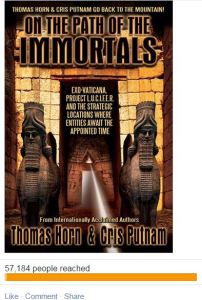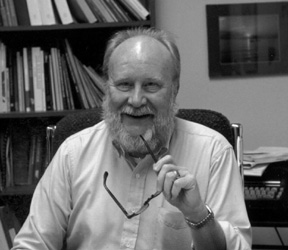Cris Putnam, Gary Winkleman, S. Douglas Woodward, Derek and Sharon Gilbert (via noosphere) participate in a discussion about Transhumanism led by Basil and Gonz of Canary Cry Radio. From the Prophecy Forum conference last Fall in Dublin Ohio.
Tom Horn told me that the new documentary Inhuman should be out in less than a month or so.
FEATURING (partial list):
Dr. Thomas R. Horn, CEO, Defender Films, best-selling author.
Cris D Putnam, MTS, BS, Diretor of Ethics Cocoon Resources, best-selling author.
Dr. James J. Hughes, Executive Director, Institute for Ethics and Emerging Technologies, former President, World Transhumanist Association.
Dr. William B. Hurlbut, U.S. President’s Council on Bioethics, Consulting Professor of Neuroscience, Stanford University.
Dr. Hugo de Garis, retired Director of the Artificial Brain Lab (ABL), Xiamen University, China; author, The Artilect War.
Dr. Natasha Vita-More, Faculty, University of Advancing Technology, Chairman, Humanity+, Fellow, Institute for Ethics & Emerging Technologies
Wesley J. Smith, Senior Fellow, Discovery Institute, special consultant for the Center for Bioethics and Culture.
Sharon Gilbert, Biologist, Futurist
Dr. Chuck Missler, Technologist, Founder, Koinonia House.
Numerous other experts in fields of science, technology, bioethics, sociology, philosophy, and theology.
Signed copies of On the Path of the Immortals

and my other books include (while they last) a free DVD Historicism Back to the Future.







